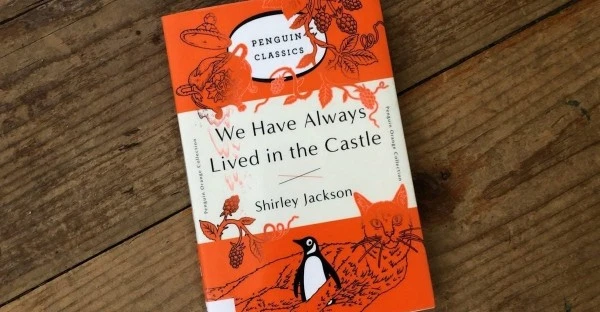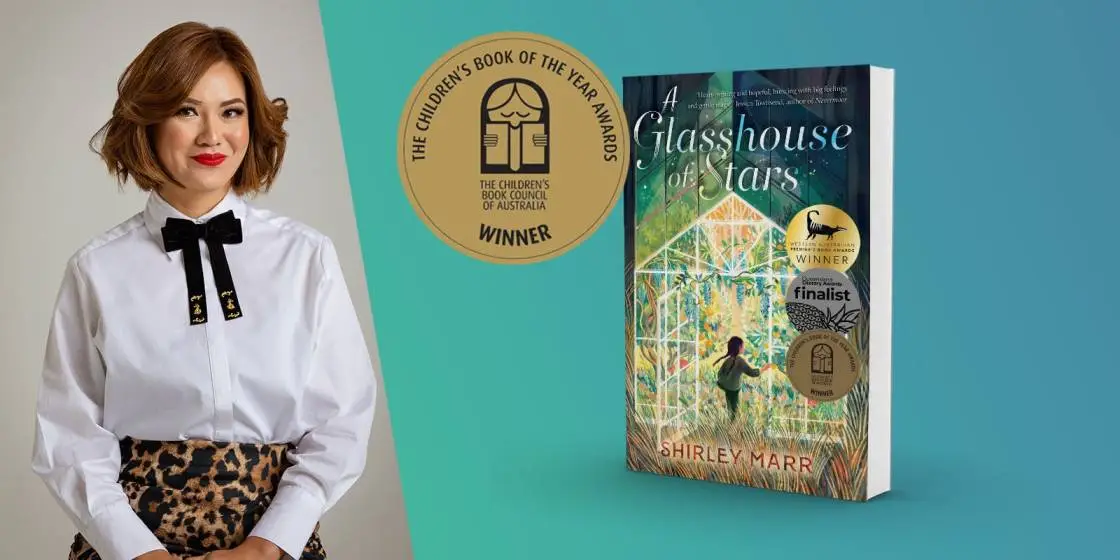We Have Always Lived In The Castle Book

I was probably four or five years old when I remember my earliest memory of myself, which is reading on the porch at my grandparents' house. I have always identified as one of the Reading Girls. You know the kind: bright, a little awkward, We Have Always Lived In The Castle Book, a voracious reader who yearns for new experiences and the experiences of other people.
It becomes harder and harder to get excited about books in the same overpowering, euphoric way that I once was. I believe this is one of the reasons I read science fiction and fantasy so frequently these days—these genres offer an expedient route to that sense of distinction. Occasionally, though, the astonishment still remains. I had experienced that previously while I was reading Shirley Jackson's We Have.
"Mary Katherine Blackwood is my name. At the age of eighteen, I share a home with my sister, Constance. Since the middle fingers on both of my hands are the same length, I've always wondered whether I may have been born a werewolf, but I've had to make due with what I had. I detest noise, pets, and doing my own laundry. I enjoy Amanita phalloides, the death-cup mushroom, Richard Plantagenet, and my sister Constance. The rest of my family has passed away.

You may learn all there is to know about what has occurred, what is occurring, and what will happen in the book's opening paragraph. I guess reviews with tidy little summaries and blurbs are necessary evils, but they always detract slightly from the book. They damage it too much in this instance. While it's unlikely that this book would come to an end when a twist is revealed, giving away too much may cause you to lose sight of some of the narrative's exquisite turns. Just read the book if you can, without even continuing to read it.
Even though it's not exactly like Neil Gaiman's works, To Kill a Mockingbird and We Have Always Lived In The Castle Book have a similar feel to them. The adolescent narrator and the overall discomfort are two obvious parallels, but there is also a deeper connection. It's a well designed small volume. The language is exquisite, but not in the grandiose lyrical sense; rather, it is extremely accurate and perceptive. Rather to merely summarizing what occurs, each phrase has a location, a purpose, and a meaning. It reminds me of Margaret Atwood in this way.
It's possible that one of those reviews—which I advised you not to read—told you that Mary Katherine is an untrustworthy narrator. That, in my opinion, is not nearly it. I get the impression that she doesn't think much of us; she just says what she wants, when she wants. It is our fault if we can't immediately put everything together. Merricat presents the tale in a straightforward manner, as she understands it, but it's important to note that this is merely her account; this is true of all narrators, trustworthy or not.
By the conclusion of the book, we will have the majority of the facts, but we still need to interpret them. There is an odd moral and psychological void whereby motives are not clarified and no verdict is rendered. I consider it to be one of the book's greatest achievements. The decisions that the readers must make include why certain things happened, who is innocent and guilty, whether or not people are good or wicked, and whether or not love is always beautiful or occasionally filthy. It is up to us to think that there is a happy ending. or not.
Conclusion
We Have Always Lived In The Castle Book has been studied extensively in literature classrooms both domestically and outside and is regarded as a classic of contemporary American literature. The book is still widely read today and has been adapted and reinterpreted several times for film and television, among other media. It's also a consistent pick for book clubs.

Shirley Jackson's "We Have Always Lived in the Castle" will captivate you if you enjoy psychological horror in a gothic atmosphere with a strong female lead character. This intricate and multi-layered book investigates the effects of persecution and seclusion on the human psyche in a unique and unsettling way. You'll be entertained, shocked, and impressed by this masterpiece of modern American literature when you combine all of this with Jackson's eerie writing style.
That's exactly what happened to me all those years ago when I was reading a book that made me feel chilly but provided me a temporary home among the pages while perched on a bench in a park in a strange city.
Thus, why do you delay? Try it out now. Ultimately, the dreams are the only thing to be afraid of, right?
FAQs
What is the book We Have Always Lived in the Castle about?
Shirley Jackson wrote a really interesting book called We Have Always Lived in the Castle. The narrative revolves around two idiosyncratic sisters who reside in seclusion within their family's opulent estate, plagued by a sinister secret that jeopardizes their precarious way of life.
What was the point of We Have Always Lived in the Castle?
In "We Have Always Lived In The Castle," Jackson tells an epic tale of psychological terror while delving into issues of mental illness, persecution, and isolation through the lives of the Blackwood family.
Is We Have Always Lived in the Castle hard to read?
It is a short book that can be easily read in a few concentrated sittings and is so captivating that it is difficult to put down. It plays with your suspicions in a tight and uncomfortable way, leaving you wondering about who and what you believe.




